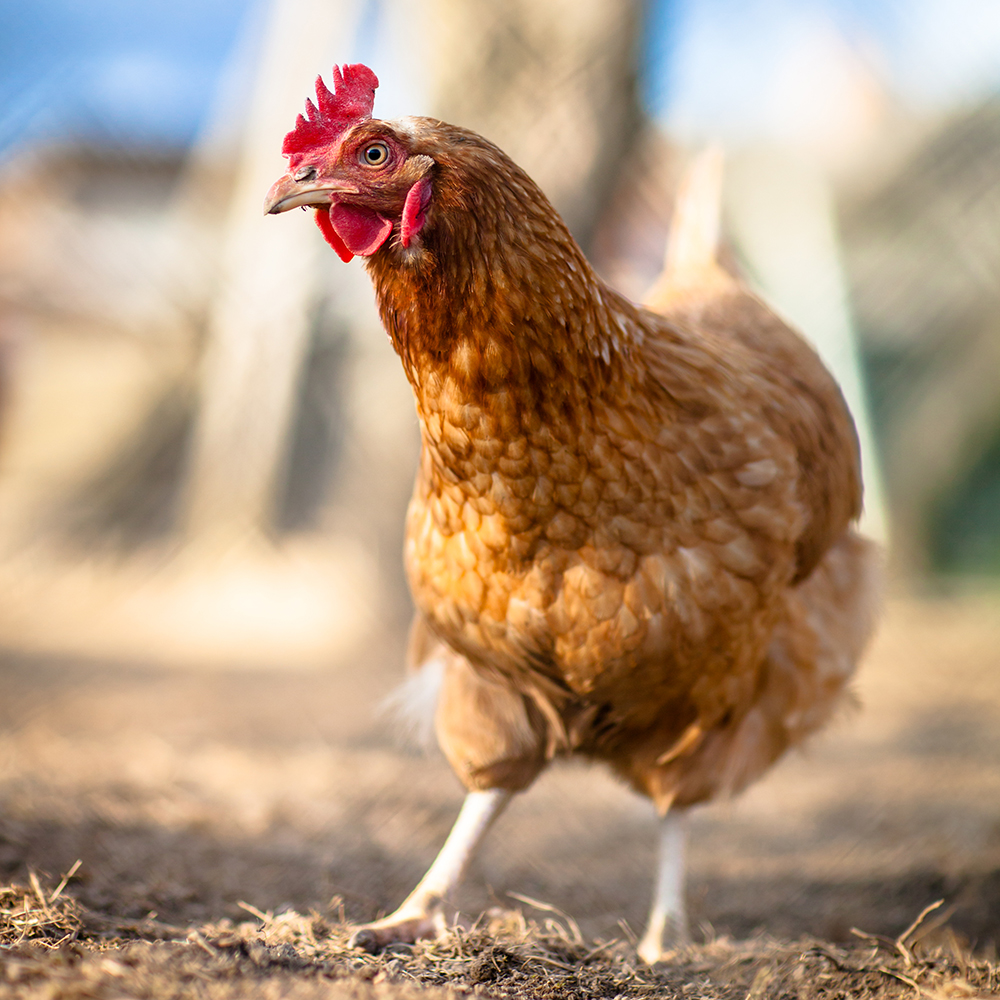Why Raise Backyard Chickens?
Raising chickens is a national tradition that is making a comeback. It brings us back to our roots and closer to our food source. Chickens have played a major role in the history of this country.
During the Civil War Robert E. Lee had a pet chicken named “Nellie.” Nellie laid him an egg almost every day for breakfast. During World War I & II our government deemed it our “patriotic duty” to raise chickens. Raising chickens is a learning experience. Learning to handle the responsibility of feeding and taking care of the chickens that provide the family with nutritious eggs is valuable experience. Watching a chicken grow from a chick to an egg laying adult is wonderful.
Top Ten Reasons For Keeping Backyard Chickens
- Fresh Eggs
- You know where your eggs and meat are coming from and that the chickens were treated humanely.
- Garden Fertilizer (chicken poop is good for the garden as it is high in Nitrogen)
- Pest Control (chickens eat bugs and other pests)
- Weed control (chickens eat small emerging weeds and weed seeds)
- Learning opportunity for adults and children alike
- Chickens make good, entertaining pets.
- Keeping chickens can relieve boredom, loneliness, depression and stress.
- Provides an opportunity for young people to get involved with groups like 4-H and FFA
- Raising chickens offer opportunities for meeting new people and making new friends through involvement in poultry associations and with other chicken enthusiasts.
Things to consider before becoming a “backyard chicken keeper”
- Town/city ordinances
- Space: Most ordinances require coops to be 20’ from neighboring buildings. The average chicken needs roughly three square feet of living space.
- Cost: Make sure you can afford to build proper housing and provide proper food, such as Horizon Acres, to feed your flock.
- Fences: What type of fence is acceptable in your neighborhood and what is high enough to keep your chickens in.
- Production Goals: Are you raising chickens for eggs, meat or pets? There are four categories of chickens: meat breeds, egg layers, dual purpose breeds and ornamentals.
- Climate: Some breeds of chickens are better suited to warm climates and some are better suited to colder climates. Heritage breeds are well adapted to the region they were developed in.
- Waste: Will you put it in a compost bin, use it as fertilizer in the garden or dispose of it another way.
- Older chickens: What will you do with older chickens? Older chickens do not produce as many eggs and eventually will stop laying altogether.
Tips to Ensure Your Neighbors and Community Stay “Chicken Friendly”
- Build an aesthetically pleasing coop.
- Keep your coop and yard clean.
- Share surplus eggs to neighbors!
- Get involved with a local “Coop Tour” or start one!
- Offer to host a 4-H meeting or class field trip to educate young people in your community about chickens.
- Make sure to have a plan for chicken waste (compost, garden fertilizer or regular disposal).
- Invite neighbors and friends over to visit your chickens. Be sure to have plenty of treats or scraps available for them to feed to your flock!

